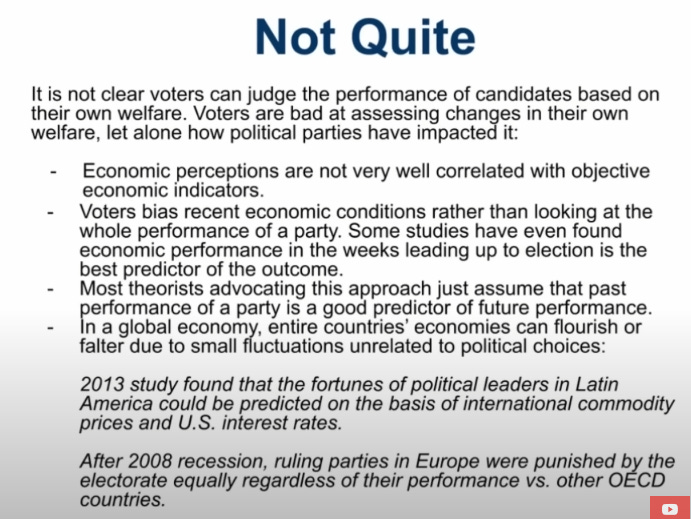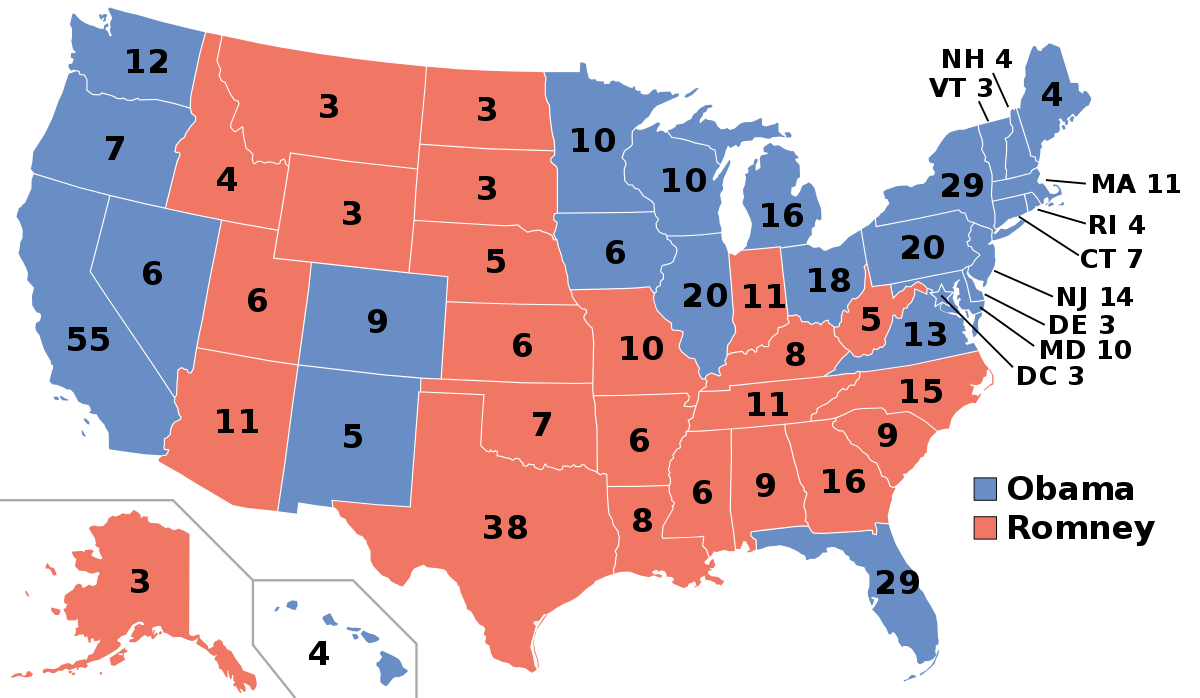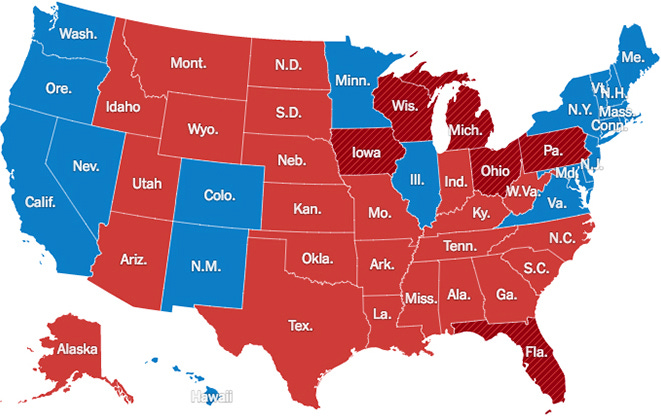A Brief Critique of Keith Woods' "Why Democracy is Fake"
Keith Woods, please abandon idealism
Keith Woods recently released a video titled “Why Democracy Is Fake | Democracy For Realists.” The video is actually a PowerPoint book review of a book called “Democracy For Realists.” In this article I will be responding to the text on Woods’ PowerPoint, which may or may not represent the substance of the book he is reviewing.
To preemptively summarize my critique, I believe that Woods’ understanding of how society works suffers from a misunderstanding regarding what “ideologies” are and how humans interact with them. I will not be arguing that democracy is real, because I do not believe democracy is real. My current working hypothesis is that we live in a plutocracy, where policy can be predicted by something like a spending-weighted average of preference. A vote is worth perhaps a dollar, maybe ten, but if you have hundreds of millions or billions to spend on policy, you can circumvent the voters. I believe this is necessarily the result of the gene pool and the economy, the latter which is a function of the gene pool and the resources of the nation. It cannot be changed by debate or philosophies any more than the law of gravity can be changed by such intentions.
I suspect that voters can be modeled as predominantly selfish utility maximizers. This is different from the Enlightenment view of democracy where every man is a king who philosophizes about the destiny of the nation and the general welfare of the people. I predict that voters will vote for wealth redistribution and will give assent to leaders who do the rest of the thinking for them, as long as the economy remains good. Thus, the military industrial complex is free to launch a war nobody wanted in Iraq, as long as the American voter doesn’t lose a noticeable amount money because of it. It is not free to raise taxes by 300% and to spend all the money on yachts, because that would disturb the masses, who would vote against it.
What this means is that as long as it is not effecting them, American voters are not predicted to have a coherent opinion on Iraq or whatever else concentrated interests are up to. This does not mean that they are schizophrenic or irrational with respect to their own wallets. It means they do not care about what does not effect them, even if it results in thousands of Iraqi deaths, because they are not altruists.
However, idealists get confused here. They find that people claim to have an opinion on stuff like Iraq, but that this “opinion” does not predict voting and is unstable.
They might find framing effects. “Do you support bombing 10,000 Iraqis for oil and military industrial complex bux?” They answer no. “Do you support exporting Freedom and Democracy to Iraq?” This is effectively the same policy, but they answer yes. Are voters just RNGs?
Idealists think this means voters are RNGs because they take people at their word. They don’t realize that sometimes people are telling the truth, and sometimes they are signaling, and that the same theory, the theory of the selfish utility maximizer, predicts consistent belief for policies that effect their own wallet, and erratic signaling behavior for policies that don’t.
Idealists are confused and find that the masses aren’t Hegel reading philosophers who care about abstractions like “left and right.” This is consistent with selfish utility maximization, but idealists are naive and think that this means that voters are too schizophrenic to maximize their wealth. They HAVE to care about post-Freudo Marxist class struggle and its implications for the deductions of post-modern philosophy or else they are too dumb to not vote for a 300% tax increase that give them no public good!
They give the masses obscure geography tests and think because they don’t know every city in Afghanistan, that the masses won’t notice when gas prices are up 200%.
They think that because signaling campaigns lead the masses to change their signals, that this means they can be fooled into accepting wealth decay. But people can’t be “psy-opped” into acting on costly beliefs. Example: Stated Belief does not Predict Costly Behavior among the Woke. Woke is not real belief. It is not a “psy-op”. It’s just signaling. People signal woke because the elites are extra mutated and will fine them if they don’t signal correctly. They couldn’t care less about what gays do because most of their disgust reactions have rotted due to accumulated mutational load. Those who still have disgust reactions are a minority and can mostly be intimidated into accepting it by gay elites.
Idealists think that adopting a leader’s signals means adopting their “policy views”. They also haven’t heard that median voter theorem induces voter irrationality because actual relevant policies converge so hard that the only other thing to vote on is personality. And this is obviously the case, because nothing actually changes no matter who gets elected. Who hasn’t observed this? This is because elections by definition can’t change the balance of power. In fact, elections are literally a stability mechanism. They prevent chaotic actions that might disturb the equilibrium.
In fact, idealists are so wrong-headed, that they’re attacking a strawman. They literally think we have elections BECAUSE of a “folk theory of democracy.” This is wrong. We have a “folk theory of democracy” because we have elections. Why do we have elections? I haven’t seen good work on this but we can be guided by asking a simple question: what happens if the elections are canceled? What happens if suffrage contracts? Costly violence, probably. So maybe violence or the threat of violence made it expand. Professing the folk theory of democracy just means you go with the flow, you read the room, you respect the material balance of power. It’s not a real belief. In this way, idealists are kind of autistic, they take everything literally and don’t realize everyone is just reading the room.
This slide indicates that idealists have a verbal tilt. It says that parties were punished for the 2008 recession but then acts all shocked when it’s discovered that voters don’t care about micro-fluctuations. Maybe voters have a threshold? You’re telling me they don’t notice when they’re a cent poorer but they do notice when they lose thousands? Wow!
Oh my Fauci, people will vote for public goods that apply to them?!?! You’re telling me black people will vote for wealth redistribution to black people when it’s offered?!?!? Wow I guess voters are just RNGs.
I now want to highlight how the incoherent idealist position totally impedes the ability to dissect society and understand what is happening. I have already covered the contents of this slide above — the US has been undergoing increasing mutational load for about a century and it’s further along than many European countries, probably due to greater wealth. Idealists have no theoretical apparatus or mathematical theory, and so they think somehow this contradicts voter behavior theory.
And the last slide seems to be quotes from the book, so I will say this: the authors of the book are not doing real science. This is a mockery, a cargo-culting of science. “Political science” is, in fact, a pseudo-science, like alchemy. If they had a real science, they would not be attacking a “folk theory” straw man. If they had a real science, they would not extrapolate, from examining a system featuring convergence of relevant policy, that voter behavior is necessarily random under non-convergence. In fact, as the gene pool becomes more polarized, vote behavior becomes less random.
I know some political scientists struggle with pattern recognition, but I will leave seeing the pattern above as an exercise for the reader.


















I hardly think political "idealism" characterises Keith's position accurately, hes a nationalist not a marxist and i dont think this article's arguments were completely in good faith. Keith made a response.
Keith made a response.